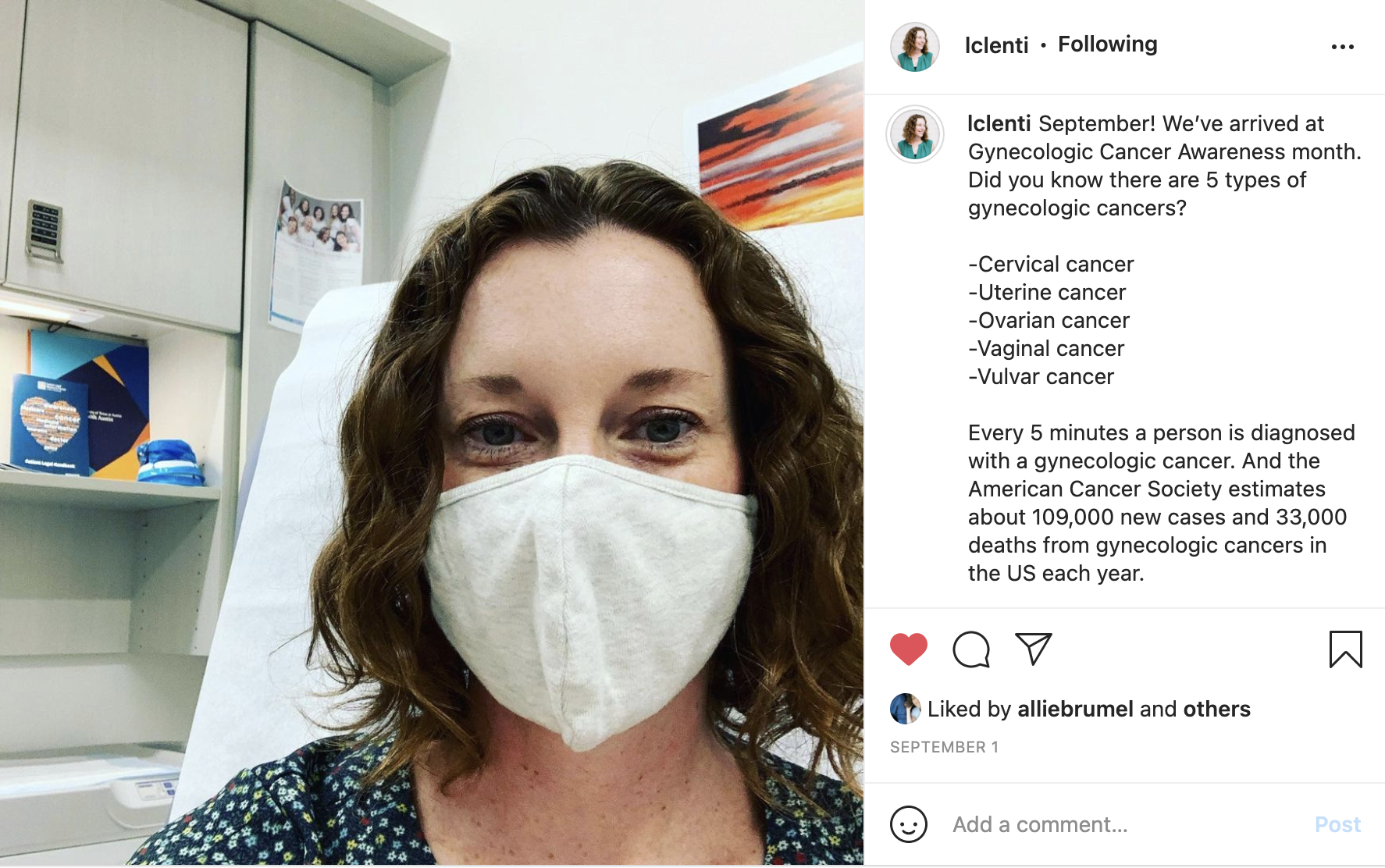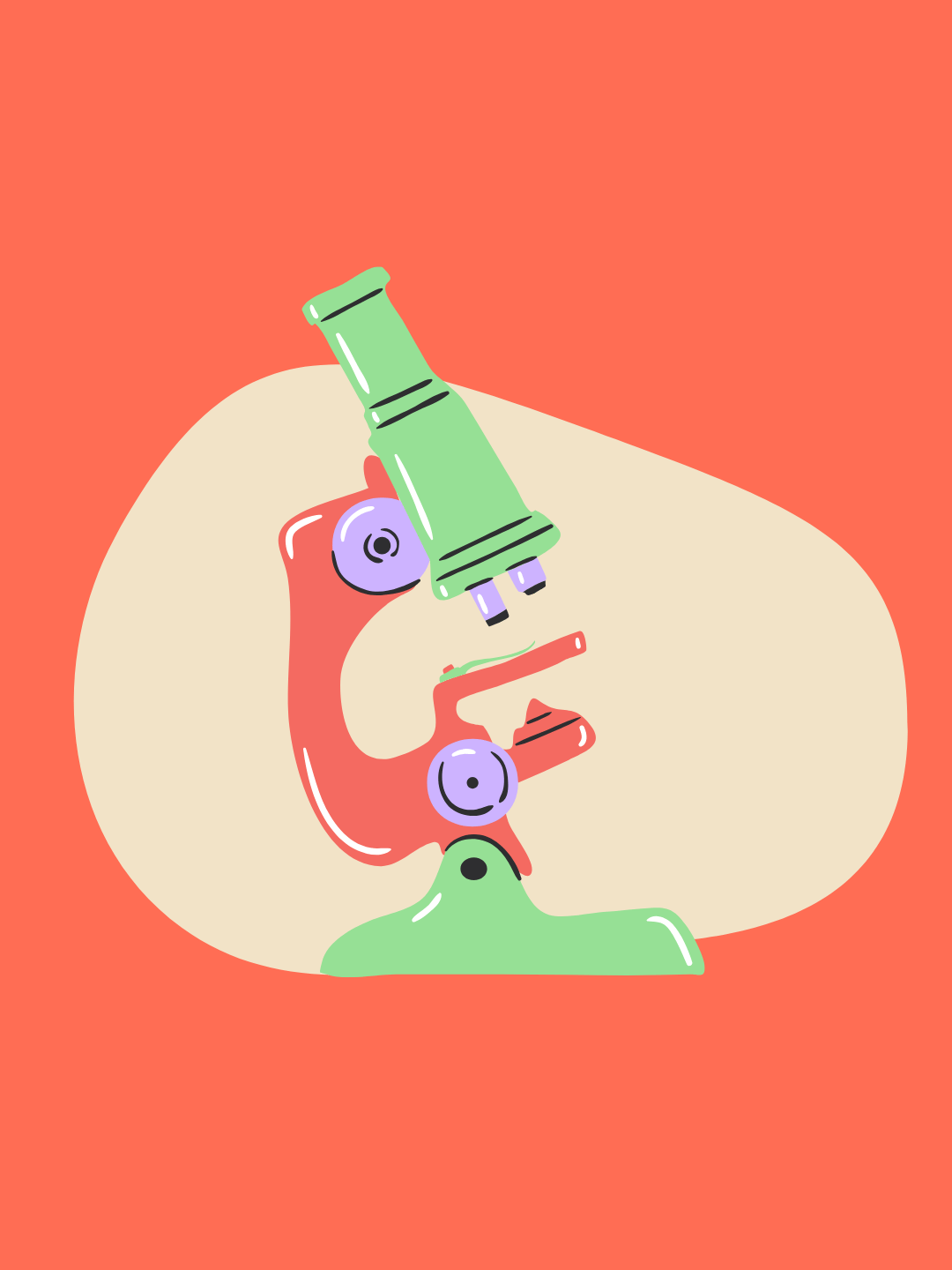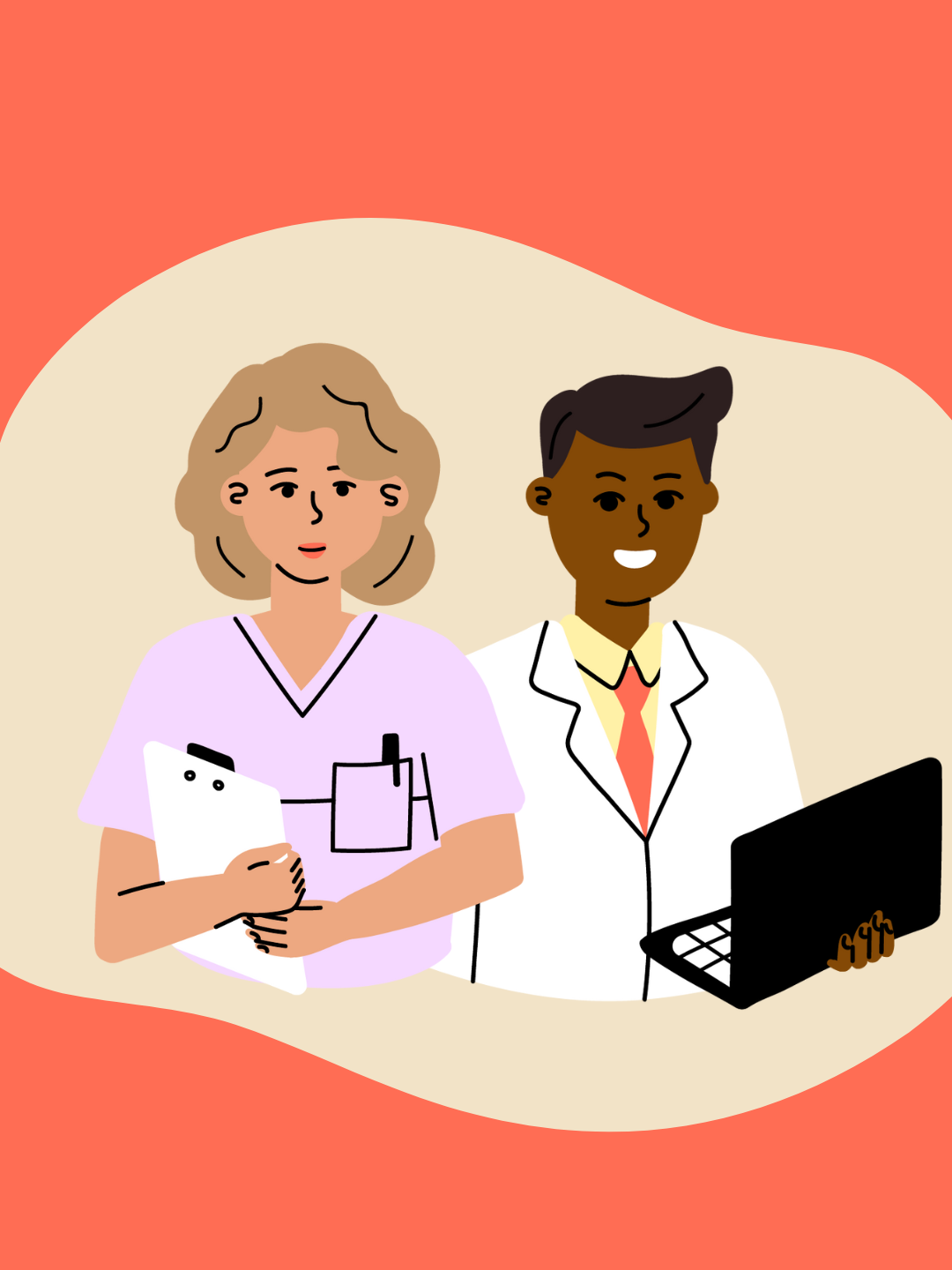I knew I had HPV before I received my cancer diagnosis. I also knew that it had progressed and required further treatment, but cancer never entered my mind. The phone call from my incredibly kind gynecologist telling me that he was so sorry but I had cervical cancer shocked me.
I mean, there was a reason I had never told my parents about the surgery I had the week before — it was just HPV and after this I’d be good to go, so no reason to worry them.
The next few hours and days were a blur as I figured out what came next in my life as a new cancer patient.
During that time, a tremendous amount of shame crept in and took residence in my brain.
My cancer was caused by the Human Papillomavirus (HPV), this was something I felt like I did to myself. I began a really dark process of reviewing every sexual choice I made in my 20’s and early 30’s.
Disclaimer: I am not a medical professional and this experience should not be considered medical advice. Please seek advice and answers to any questions you have from a medical professional.
What I've Learned About HPV
In those early months after my diagnosis when the shame I experienced distracted me more at times then thinking about the cancer in my body itself, there was so much I didn’t know about HPV.
Here is what I have learned:
- According to both the Centers for Disease Control and Prevention (CDC) and World Health Organization (WHO), HPV is the most common STI. In fact, HPV is so common that almost every person (no matter how you identify) who is sexually-active will get HPV at some time in their life if they don’t get the HPV vaccine.
- There are hundreds of strands of HPV but several have been identified as high-risk (more on that below).
- You can get HPV by having vagina, anal, or oral sex. Safe-sex practices such as proper use of a latex condom can reduce your risk of getting HPV, but HPV can infect areas not covered by a condom.
- Most people who get HPV do not know they are infected and never develop symptoms or health problems. And in most cases, HPV goes away on its own.
- When HPV doesn’t go away, it can cause health problems like genital warts and cancer.
- According to the CDC, HPV can cause cervical and other cancers including cancer of the vulva, vagina, penis, or anus. It can also cause cancer in the back of the throat, including the base of the tongue and tonsils (called oropharyngeal cancer).
- Almost all cervical cancers are caused by HPV, according to the National Cancer Institute (NCI). Further, high-risk HPVs cause 3 percent of all cancers in females and 2 percent of all cancers in men. Worldwide, high-risk HPVs cause about 5 percent of all cancers.
- While there are multiple high-risk HPVs, HPVs 16 and 18 are responsible for most HPV-related cancers (I had HPV 18).
So What Can You Do?
So now that you all may be freaking out a bit about HPV, let me try and put your mind at ease:
- There is an incredibly effective HPV vaccine! The HPV vaccine Gardasil 9® protects against infection from nine HPV types: The two low-risk HPV types that cause most genital warts, plus the seven high-risk HPV types that cause most HPV-related cancers.
- According to the CDC: “HPV vaccination provides strong protection against new HPV infections. Vaccination is prevention and does not cure an infection once you have it. The HPV vaccine is not used to treat HPV infections or diseases caused by HPV. HPV vaccination offers the most protection when given at ages 9-12. HPV vaccination is estimated to prevent up to 90 percent of HPV-related cancers.”
- Read that last sentence again: HPV vaccination is estimated to prevent up to 90 percent of HPV-related cancers.
- Assuming most readers are over the age of 12, the CDC has approved use of the HPV vaccine for females and males up to age 45. So if you aren’t sure if you have the vaccine when you were younger, or know you haven’t, please call your doctor today and explore if your are a candidate.
- There is awesome screening for cervical cancer – our friend the Pap smear. Look, I hate the Pap smear as much as anyone and I know have 2/year as part of my cancer survivorship surveillance. But regular Pap smears and HPV testing (which can be done at the same time) for anyone with a cervix can detect early changes in cervical cells.
Had I known all that I do now about HPV when I received my cervical cancer diagnosis, I think my shame spiral would have either been shorter or non-existent.
Please know, nothing I did, or anything any Breastie reading here has done, caused your cancer.
Cancer cells are a b*tch and while we can proactively eat well, exercise regularly, get our regular screenings, etc., sometimes cancer grows. And it sucks.
I’d like to leave everyone with a cervix with a call to action. Do you know when your last Pap smear was? Has it been more than 3 years? Please call your doctor and schedule your Pap and HPV test today – it could literally save your life.








